Enhance your gaming experience with our services
Отримайте максимум від гри завдяки професійним рішенням
Ranks in CS2: How the Rating System Works in the New Counter-Strike 2
A CS:GO rank is a sign of a player's skill, reputation, and access to matchmaking at certain levels. The higher the player’s rank, the more respect they get from teammates and the community as a whole.
The Global Elite status guarantees prestige, as well as opportunities to enter tournaments, events, and other activities. However, this rank is far from easy to earn — and the ranking system in CS2 has undergone some changes.
With the 2023 relaunch of CS:GO as CS2, players encountered a new approach to rank assignment in the game. For example:
-
The global CS:GO rating was reworked, adding more progression steps for a more accurate assessment of player skill.
-
All ranks in CS2 are now assigned separately for each map. This means a player could be Global Elite on Dust 2, but only Silver on Mirage.
-
CS:GO ranks are based on experience points influenced by MMR, personal rating, K/D ratio, support stats, and overall win rate.
In other words, the way skill is measured has changed, but the rank system itself remains quite similar to the old one — at least in terms of how prestigious each level is.
Today you'll learn why it’s important to rank up in CS:GO, what upgrades bring to the table, how to climb the ranks, and most importantly, how to do it faster than other players across different game modes.
How CS2 Ranks Differ from CS:GO
The CS:GO ranks have been carried over to CS2 almost unchanged. These are the same ranks and ratings as before, but now they are local — specific to each individual map. For example:
| Emblem | Rank Name |
| Silver I | |
| Silver II | |
| Silver III | |
| Silver IV | |
| Silver Elite | |
| Silver Elite Master | |
| Gold Nova I | |
| Gold Nova II | |
| Gold Nova III | |
| Gold Nova Master | |
| Master Guardian I | |
| Master Guardian II | |
| Master Guardian Elite | |
| Distinguished master guardian | |
| Legendary eagle | |
| Legendary eagle master | |
| Supreme master first class | |
| The global elite |
However, these ranks now apply only to individual maps after calibration. Here's a comparison of key differences between CS2 and CS:GO rank systems:
| Comparison | CS2 | CS:GO |
|---|---|---|
| Rank type | Separate rank for each map | Single universal rank for all maps |
| Display | Visible per specific map | One overall rank shown in profile |
| Rank changes | Based on both personal performance and wins | Primarily based on match wins/losses |
| Matchmaking system | Based on rank for the specific map | Based on overall rating |
| Calibration | Calibration required for each map | Requires 10 match wins |
This system is used in the standard game mode, while in Premier mode the ranking approach is even more different — more on that below.
How CS Rating Works in Premier Mode
In Premier mode, the CS Rating is measured in points ranging from 0 to 35,000+. These points can be earned through:
-
standard match victories;
-
personal performance (e.g. K/D ratio);
-
team contributions, such as supporting teammates or controlling bomb sites.
When you reach a certain point threshold, your rank increases and the border of your profile changes color. This progress is only visible in Premier mode and does not affect your overall account status.
There are no map-specific ranks here — the numeric rating reflects your overall skill level rather than performance on individual maps. This allows for more accurate matchmaking, as opponents are selected based on comparable CS Ratings.
To access Premier mode, you need to reach account level 10 and complete calibration to receive your starting rank. After that, you can move up or down the rating ladder by winning or losing matches.
Let’s break down the CS Rating tiers in Premier — as it’s the key metric that defines a player’s true skill in Counter-Strike.
Colors and Rating Thresholds in CS2 Premier
CS2 Premier ranks are divided into 7 conditional tiers. Each tier groups players with similar skills, which improve as the rating increases. Here's how they roughly compare to CS:GO ranks:
| CS Rating (MMR) | CS:GO Rank Equivalent |
|---|---|
| Silver – Gold Nova | |
| Gold Nova – Master Guardian | |
| Master Guardian – Legendary Eagle | |
| Legendary Eagle – Supreme Master First Class | |
| Supreme Master First Class – Global Elite | |
| Upper Global Elite | |
| The best players globally |
In fact, anyone with a rating above 20,000 is considered a top-tier player with few equals. The last three ranks globally make up less than 10% of the entire player base, while only a few tenths of a percent of professionals ever reach the golden tier.
What does each rating tier mean? Let’s break it down.
Gray (0–4999)
CS ratings start from zero. Players below the 5000 mark are typically complete beginners just entering the Premier league. They usually have basic gameplay skills, unstable win rates, and poor individual performance. Lack of synergy with random teammates, disregard for economy and tactics — these are the key issues at this tier. Just over 24.72% of gamers remain at this level season after season.
Light Blue (5000–9999)
Ratings between 5k and 10k form a buffer zone between absolute beginners and average players. These users are already more familiar with the game, shoot with better accuracy, begin to apply tactical moves and grenade lineups, practice spray control, and aim for higher ranks. Approximately 28.81% of players worldwide fall into this range, with many steadily improving.
Blue (10,000–14,999)
CS ratings in this range usually include solid mid-tier players with enough experience to participate in complex and engaging matches. They have good shooting skills, confident spray control, decent grenade lineups, and a reasonable understanding of tactics and game economy. While still far from pro level, this tier sees matches becoming more dynamic and competitive. Around 25.84% of players fall within the blue rating range at the time of writing.
Purple (15,000–19,999)
A fairly prestigious rank in CS, indicating players with strong gameplay skills. Under the old system, this tier corresponds to Supreme. These gamers have honed shooting accuracy, movement, bunny hops, nade throws, and possess deep tactical and economic knowledge of matches, along with a thorough understanding of all popular maps. As of the article’s publication, 14.92% of players globally hold a purple border rank.
Pink (20,000–24,999)
These CS ranks are awarded to masters whose skill level can be compared to Global Elite in CS:GO. Only around 4.83% of players (out of 4.83 million!) had reached this level at the time of publication. They possess top-tier shooting abilities, strong win rates, solid K/D and assist stats. Their understanding of tactical and economic elements is deep, and they have a complete grasp of map layouts and key positions. These gamers are rightfully considered among the best, though the Premier mode still presents a challenge even for them.
Red (25,000–29,999)
This is the pre-top tier of the CS2 ranking system, where the best of the best reside—players who can one-tap a fly across the map with their eyes closed, instinctively reach the right spot, hold position, and solo wipe an enemy team. Approximately 0.86% of more than 4.83 million active players are in this tier. These are typically professional players, tournament participants, global icons, legends of the title. Yet even this rank is not the ultimate pinnacle.
Gold (30,000–35,000)
In CS, ranks with a golden profile border are nearly legendary. Only 0.02% of players worldwide have crossed the 30,000 mark. Their skills operate on an entirely different level — their thinking and reflexes are faster than a blink, and their tactical abilities enable them to lead teams like seasoned generals. Realistically, these players are mostly world-class esports professionals who have mastered the game and continue evolving with each season.
Their status is further elevated by Valve’s own scoring system, which is heavily unbalanced — a win might earn you 100 points, but a single loss can cost up to 500. The cost of mistakes is enormous, pushing top players to constantly exceed their limits.
Have Classic Ranks and Titles Remained in CS:GO?
Ranks in CS have undergone major changes, especially in Premier mode. However, the classic ranks with familiar icons still exist in Competitive mode. The key innovation is that now ranks are assigned per map instead of being averaged across the profile.
This means that a player can be a Global Elite on Mirage but only Gold or lower on Italy, Nuke, or Ancient. Your rank now depends on your activity on a specific map, your win count, and your individual performance — K/D ratio, assists, planting or defusing the bomb.
How to Rank Up in CS2
To increase your rank, you need to choose which mode you want to improve in. For example, if you're focusing on Competitive:
-
Practice tactics and play with a fixed team.
-
Focus on the maps you care about most.
-
Don’t just chase wins — show consistent individual performance.
This will help you rank up on specific maps and face tougher opponents over time.
In Premier, it’s a different story: the cost of failure is higher, and the ranking system works differently:
-
Win matches while maintaining strong individual stats.
-
Train up before important qualifier games.
-
When you reach a promotion threshold, wait for a good mindset to minimize risk.
The higher you climb the ladder, the tougher the matches — and the steeper the penalties: you might lose up to 500 points for a defeat, but gain only about 100 for a win. MMR can have some influence, but it’s not everything — your performance still matters most.
So, to conclude, here are some strategies for faster and more effective ranking up:
-
Hone your skills in Competitive to avoid Premier’s harsher penalties.
-
Constantly improve shooting, grenade throws, timing, and tactical maneuvers.
-
Build a consistent team and develop strategies together to boost everyone's skills.
Or reach your goals in Competitive or Premier mode with the help of the boosting service Goranked.GG.
More to read
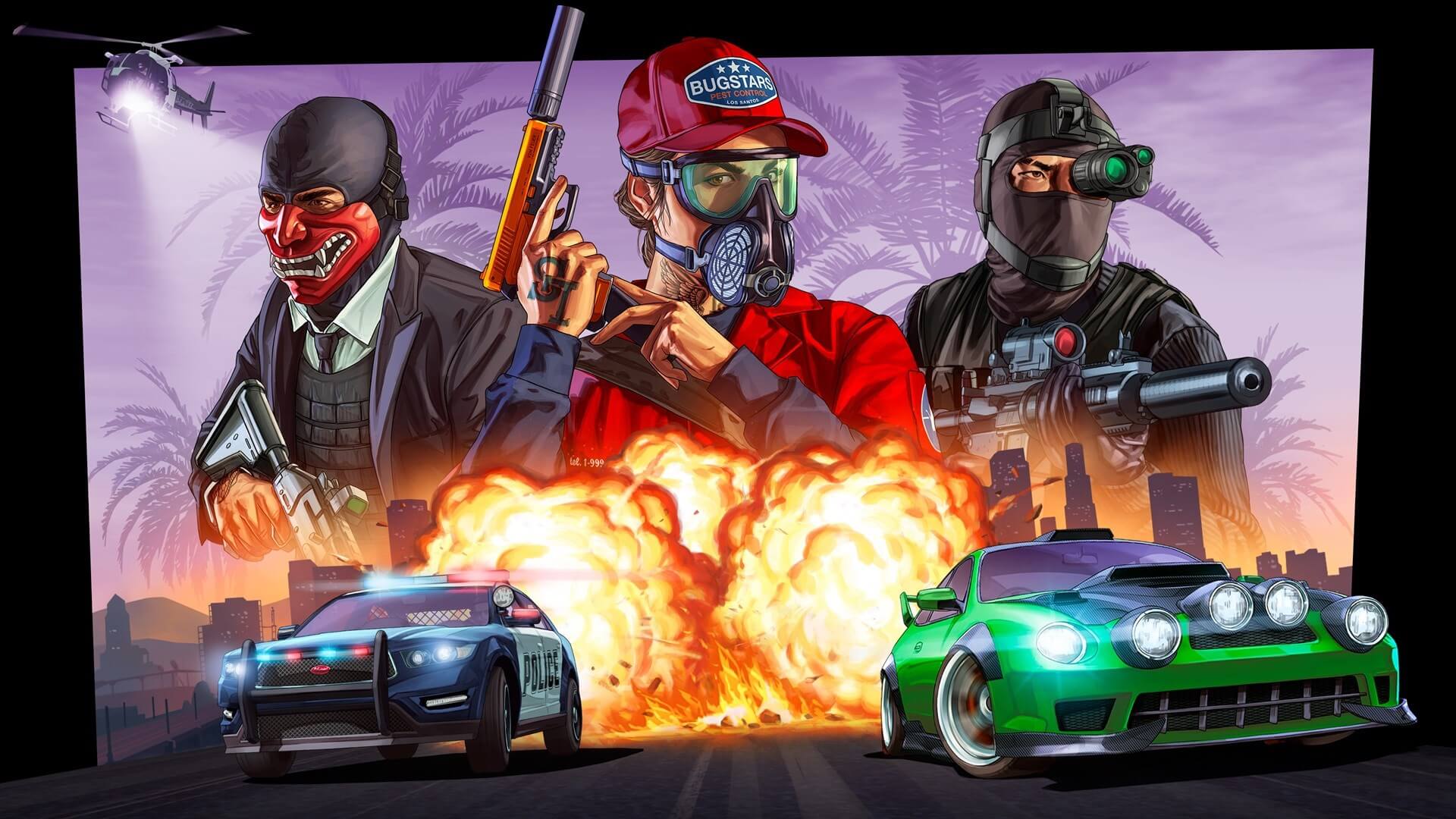
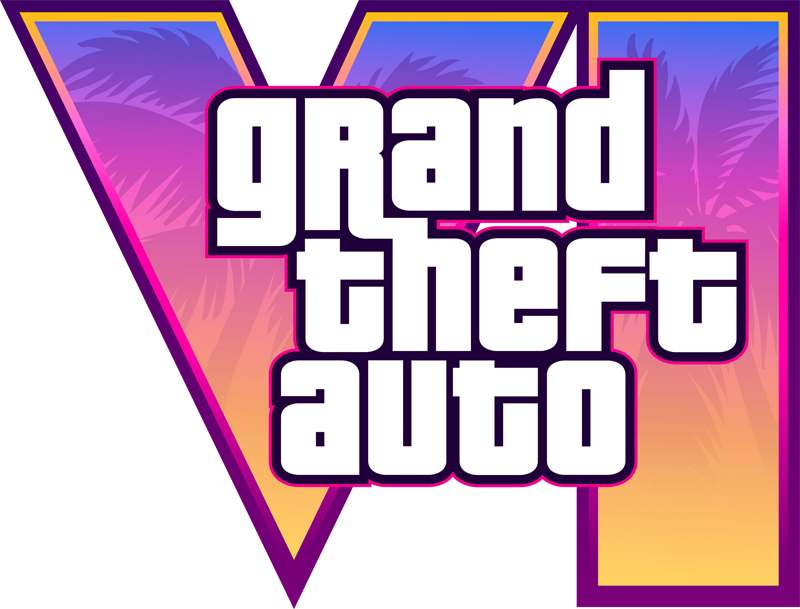
Useful Glitches and Hidden Mechanics in GTA Online
A practical breakdown of GTA Online hidden mechanics that help you survive public sessions, speed up missions, and save time without risky exploits.
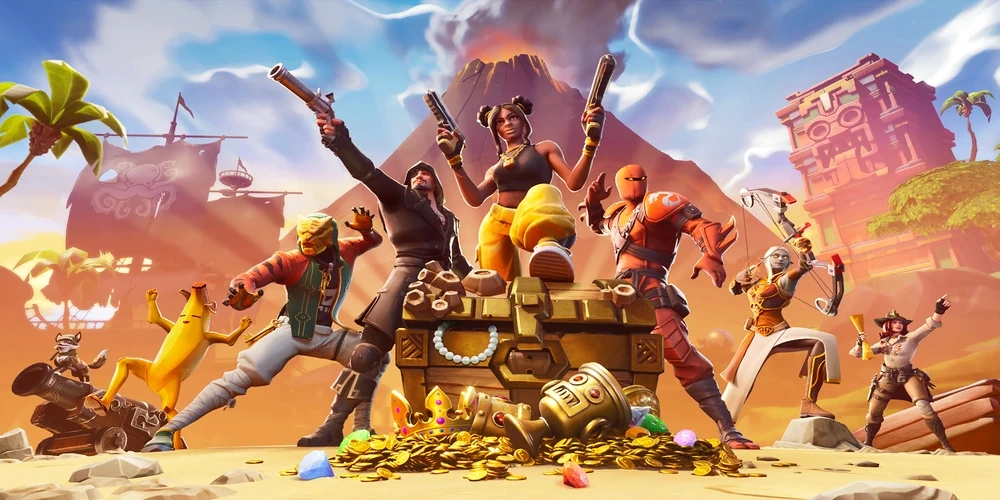
Fortnite Ranks Explained: Order, Points System, and How to Rank Up Faster
A concise 2026 Fortnite ranked guide covering rank structure, what Ranked 2.0 changed, why survival and match impact matter, and the habits that help you climb faster.
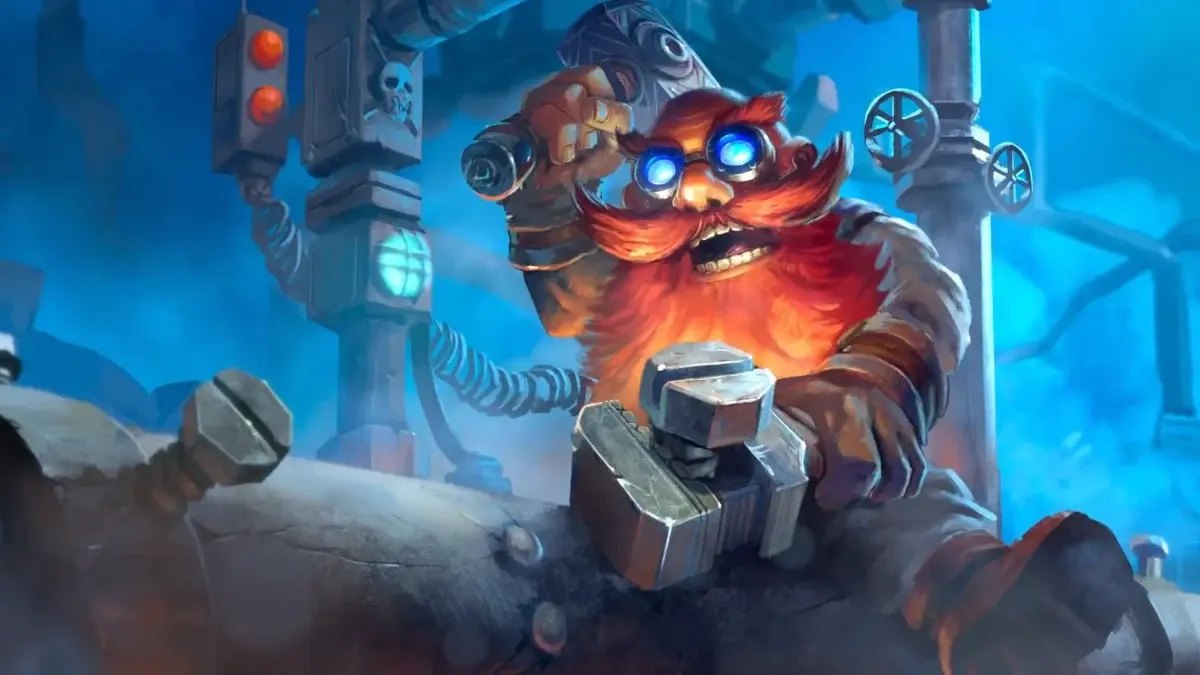
Professions Guide in WoW Classic: How They Work and Which Ones to Choose
Explore WoW Classic professions, learn how to choose primary and secondary professions, optimize gathering and crafting, and find the best profession pairings for each class and playstyle in Warcraft Classic.
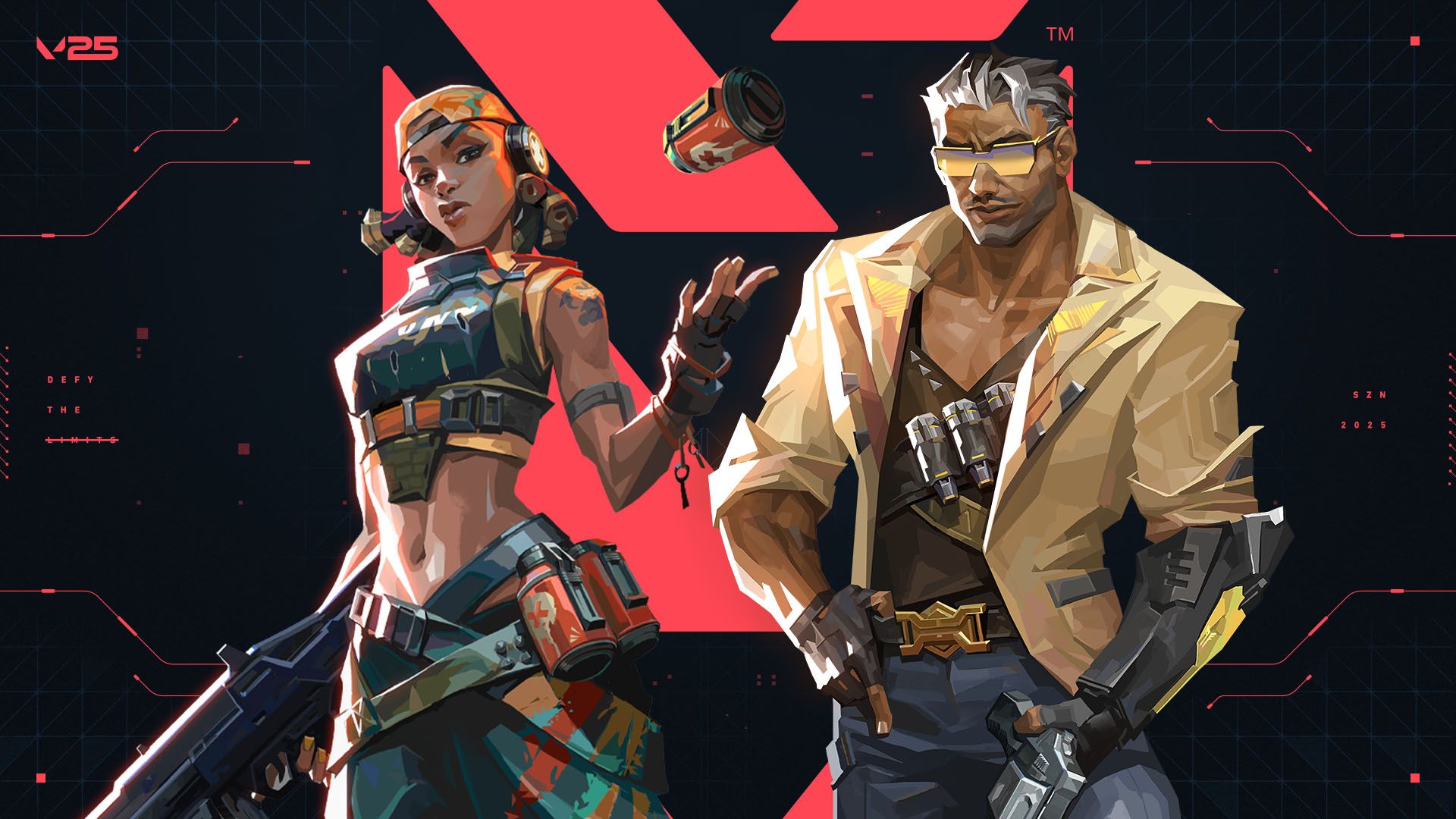

Best Valorant Crosshairs for Different Playstyles
Discover the best Valorant crosshair settings for different playstyles
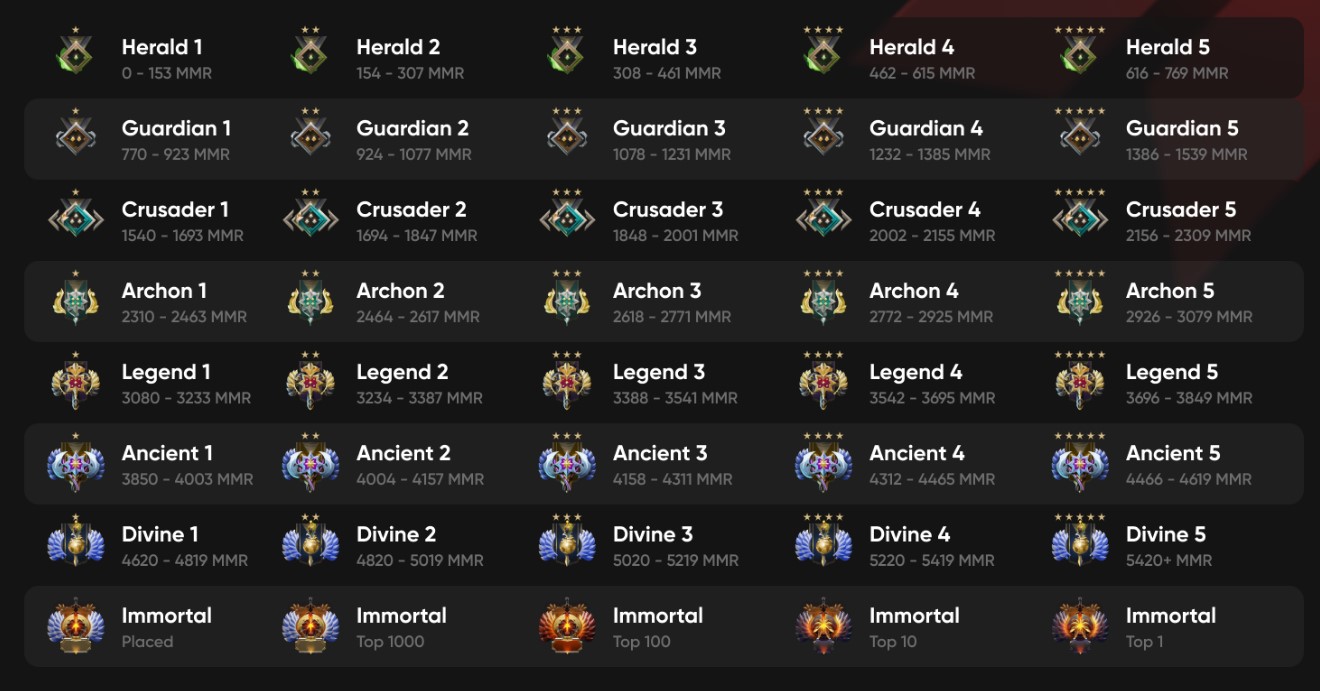
Dota 2 Rank Confidence Explained: How Glicko Works and How to Increase It
We break down what affects Dota 2’s trust rating, how Glicko models consistency, and which habits help you improve your score without mindless grinding.
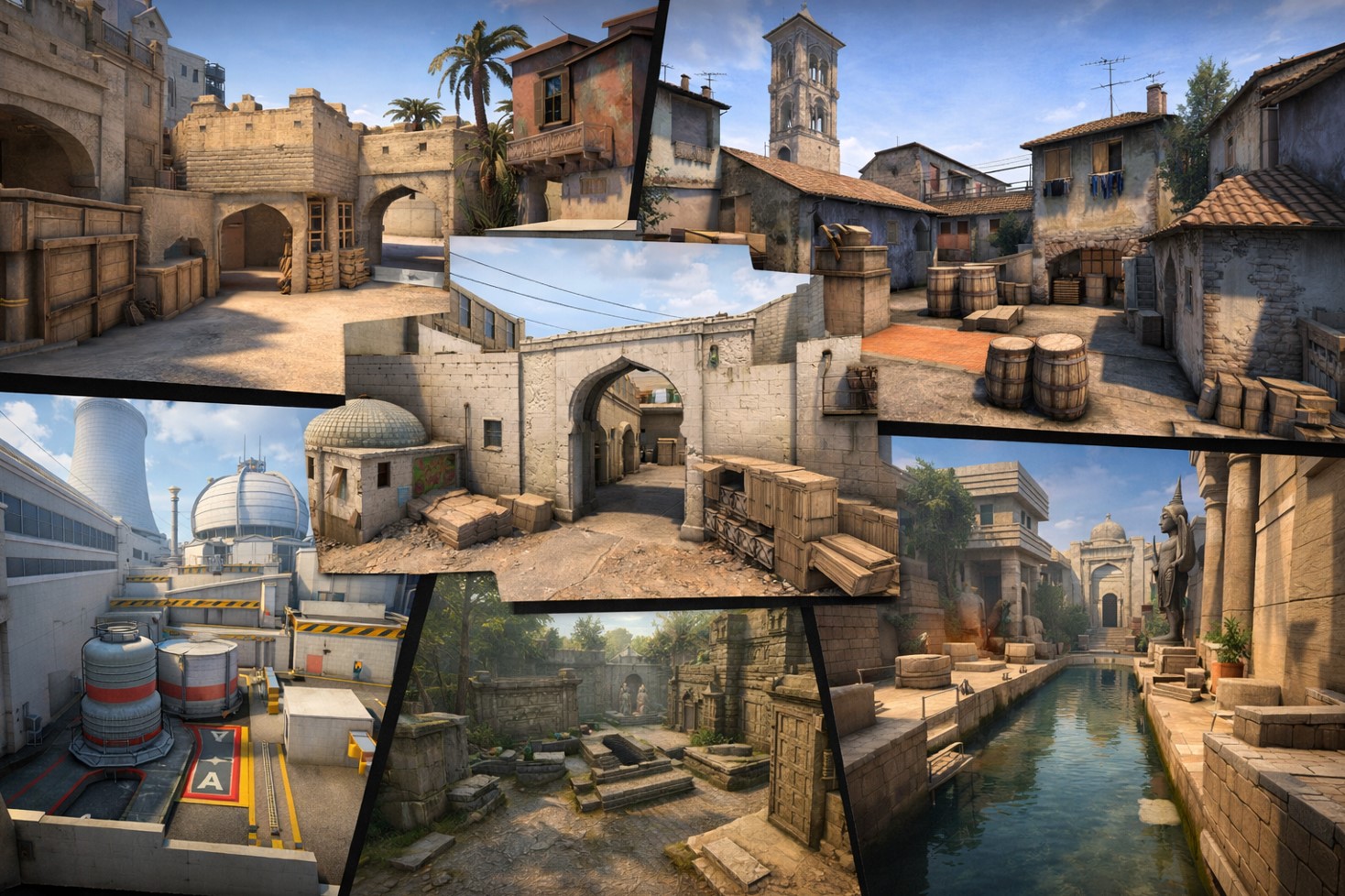
Strategies for CS2 Online Maps
Effective strategies for playing CS2


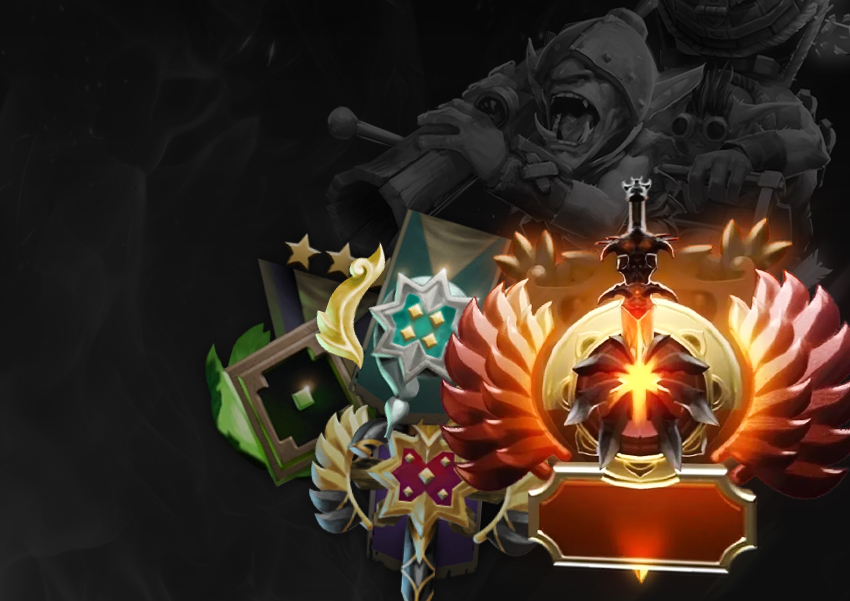
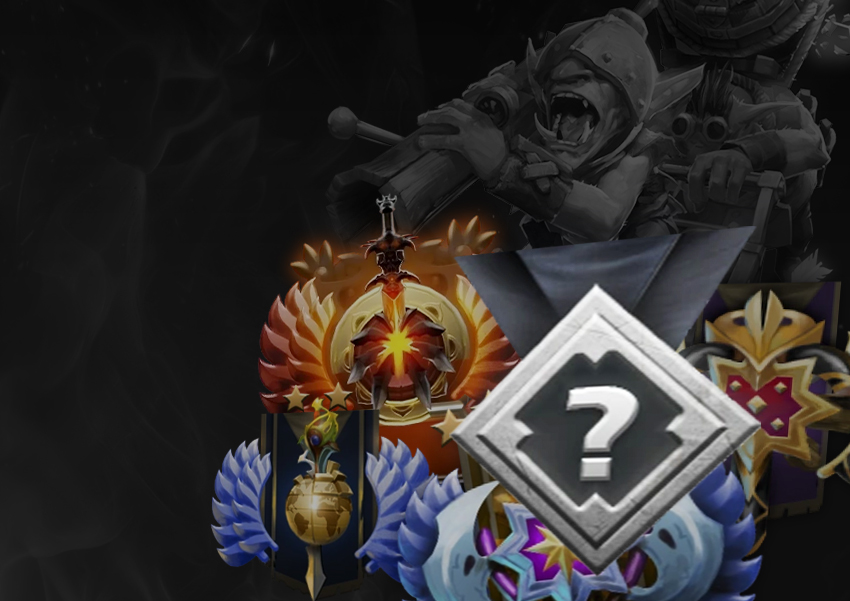
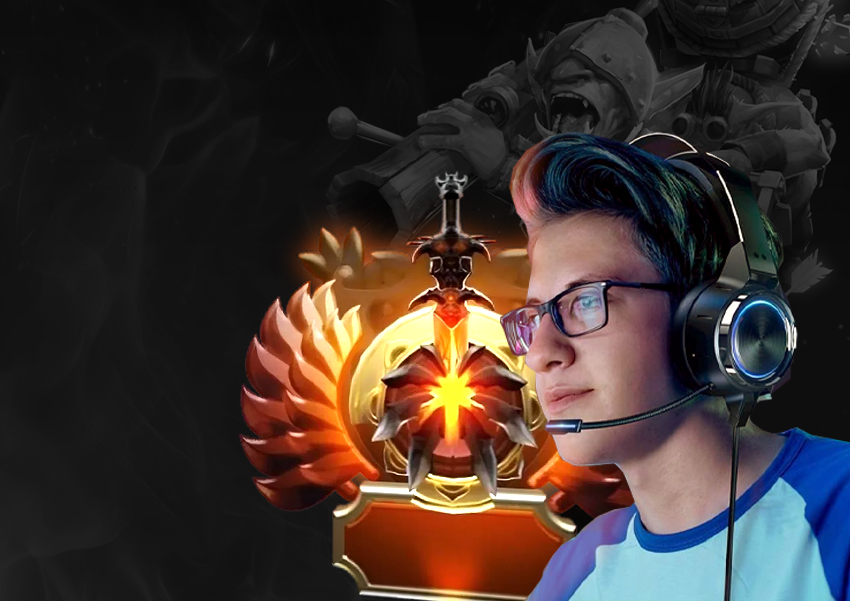
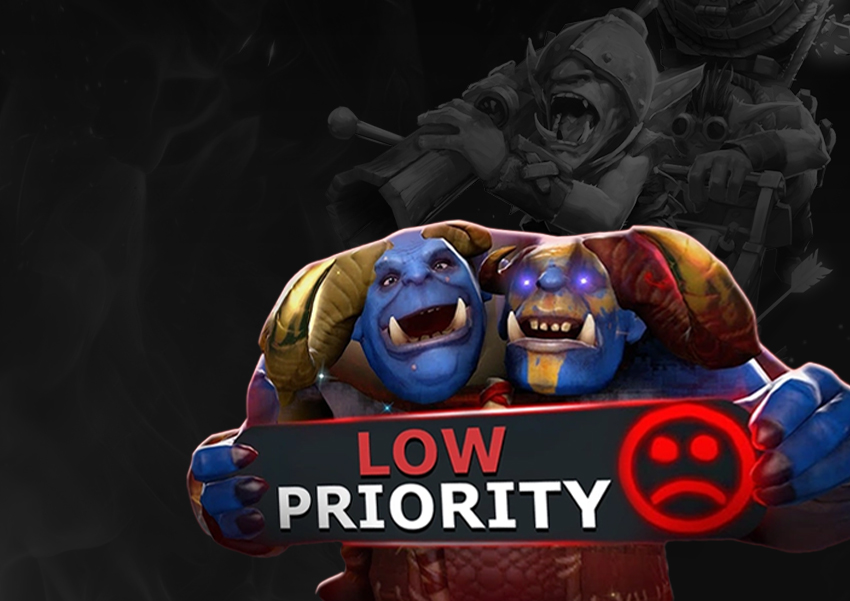
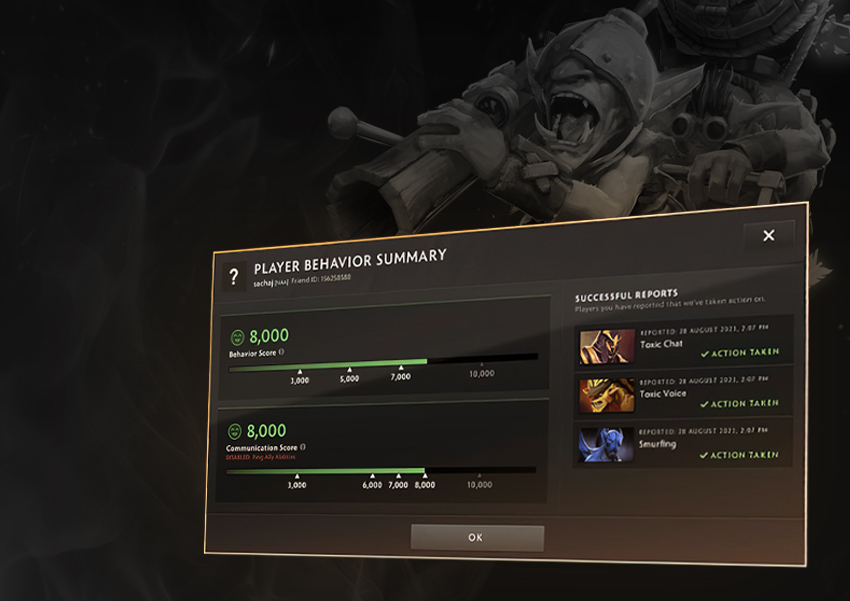
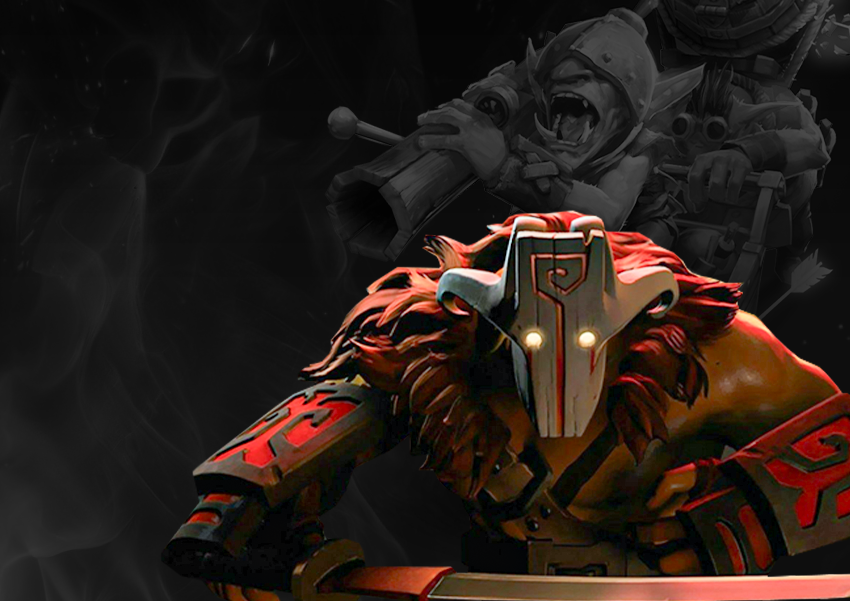
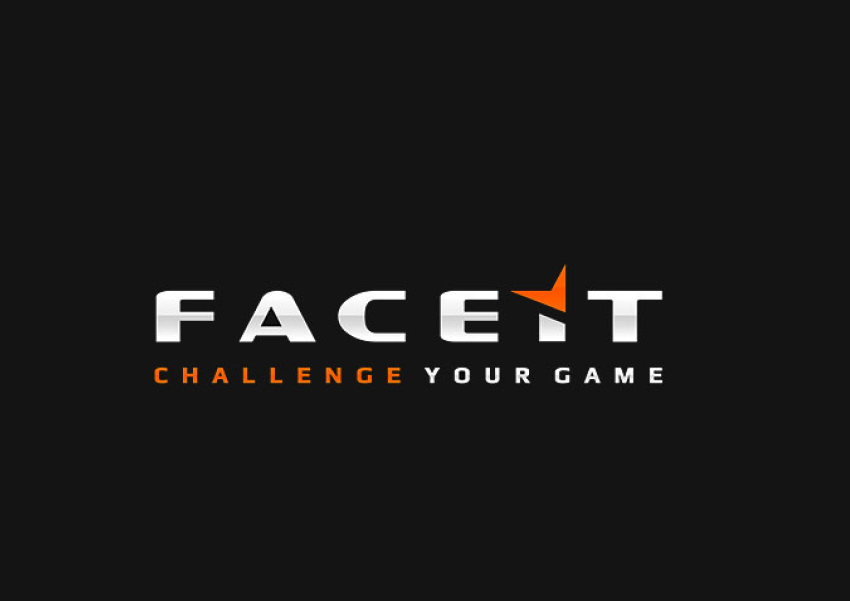
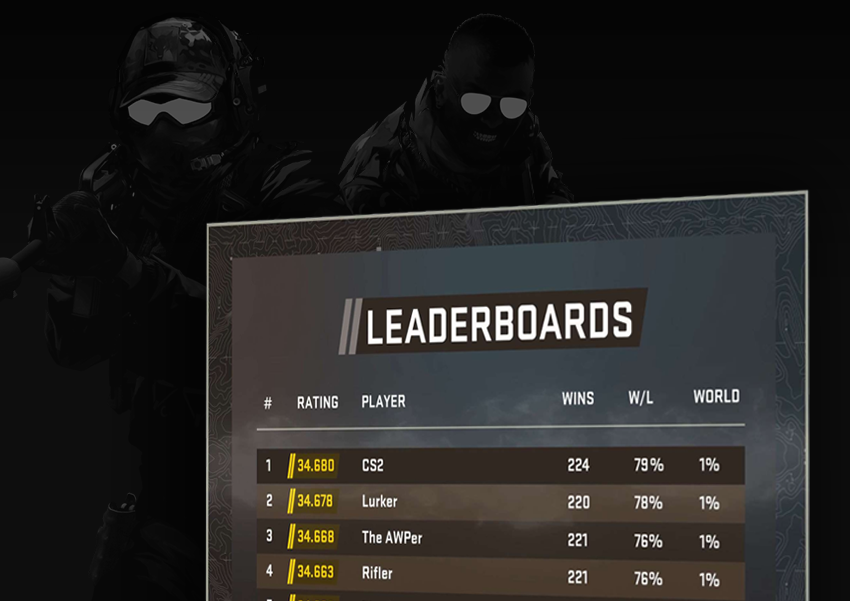
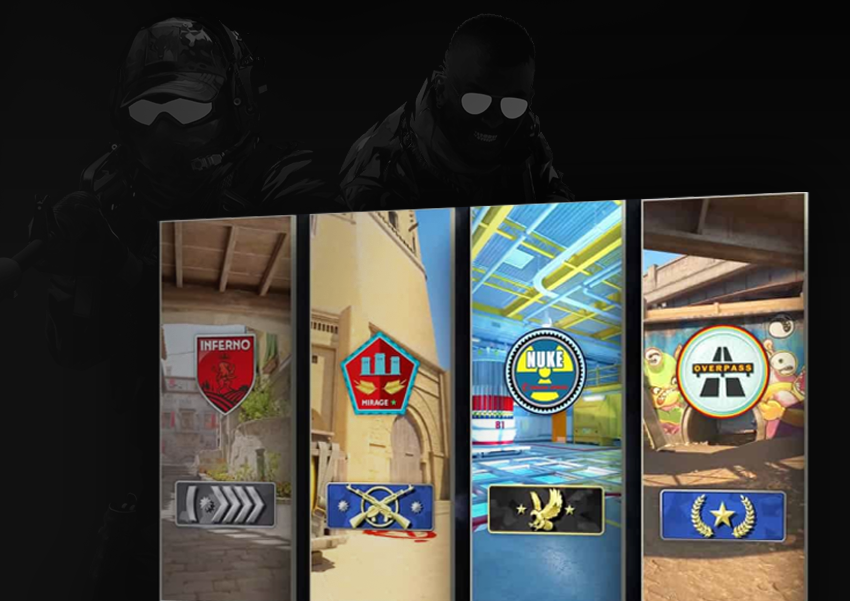
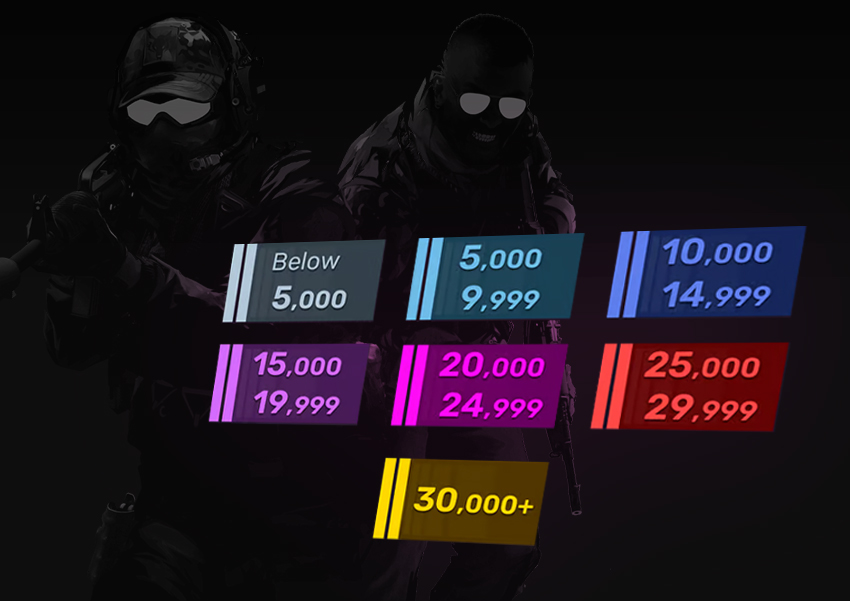
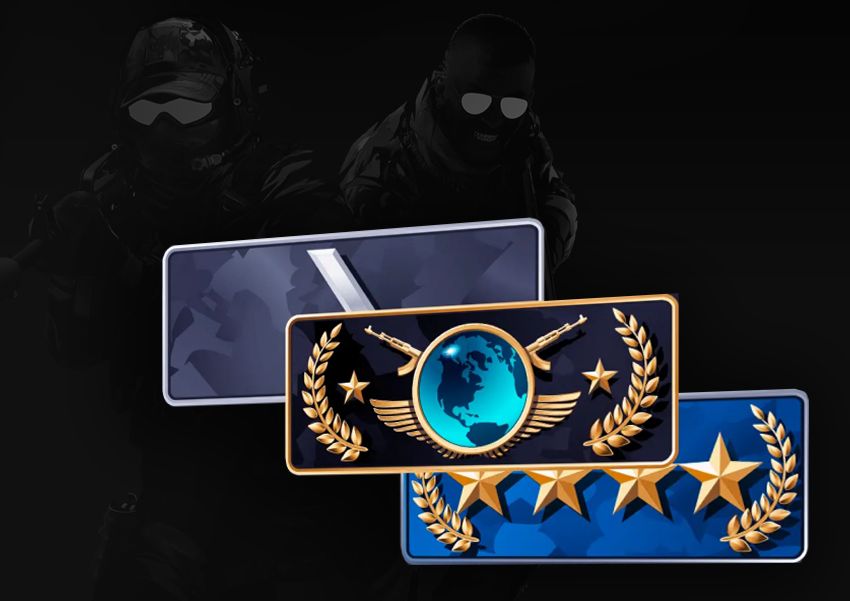
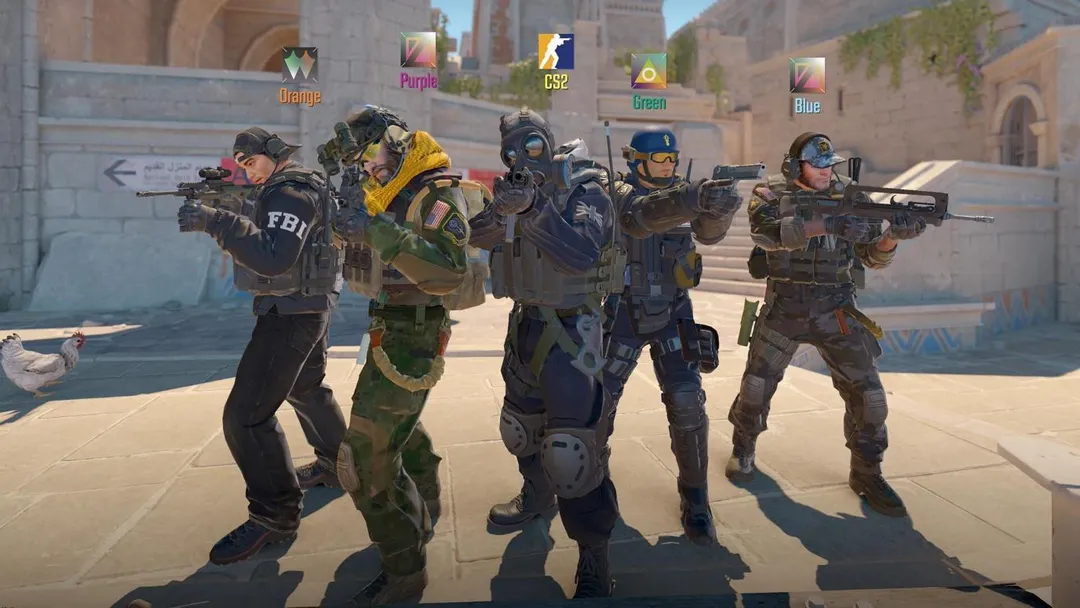
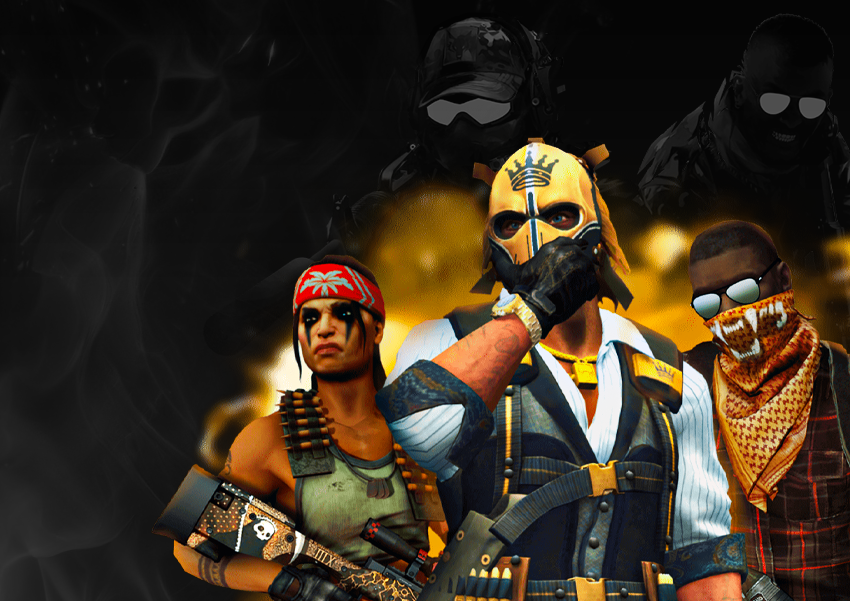
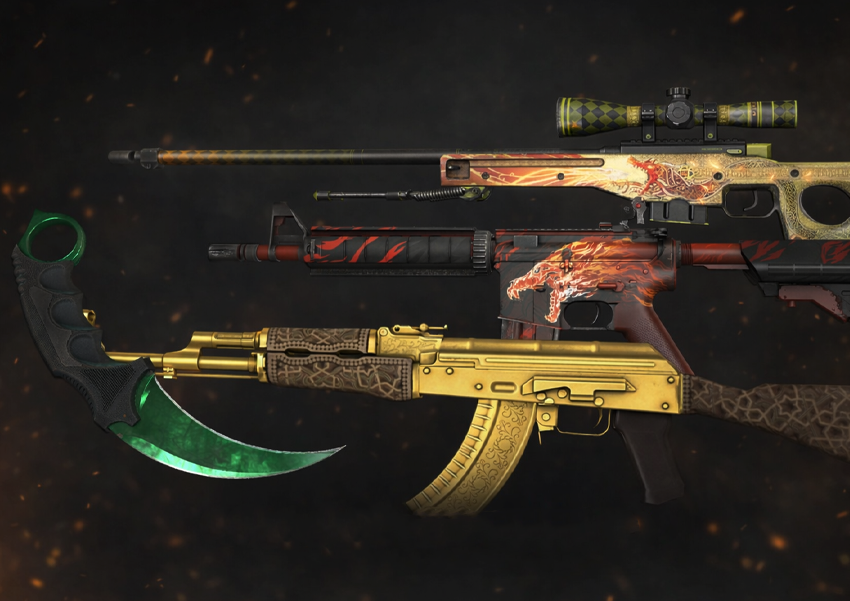
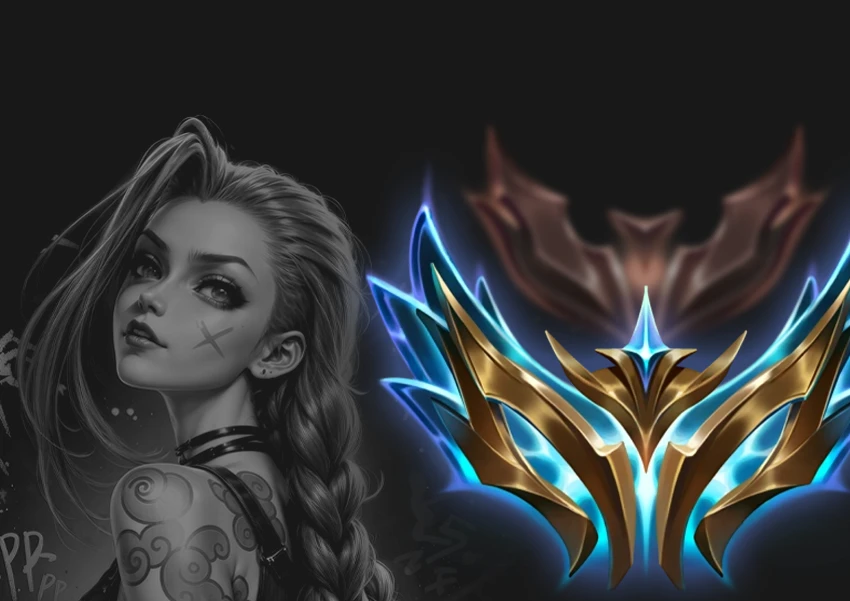

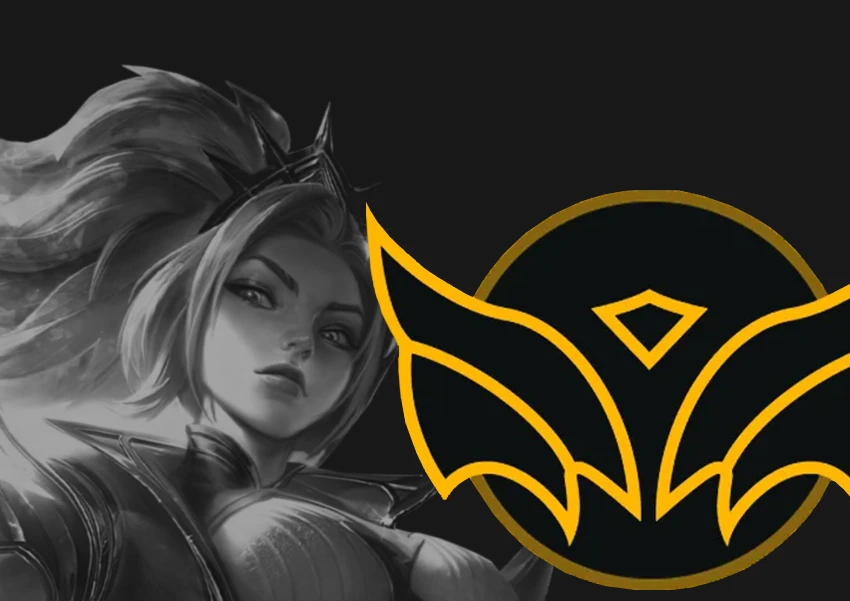
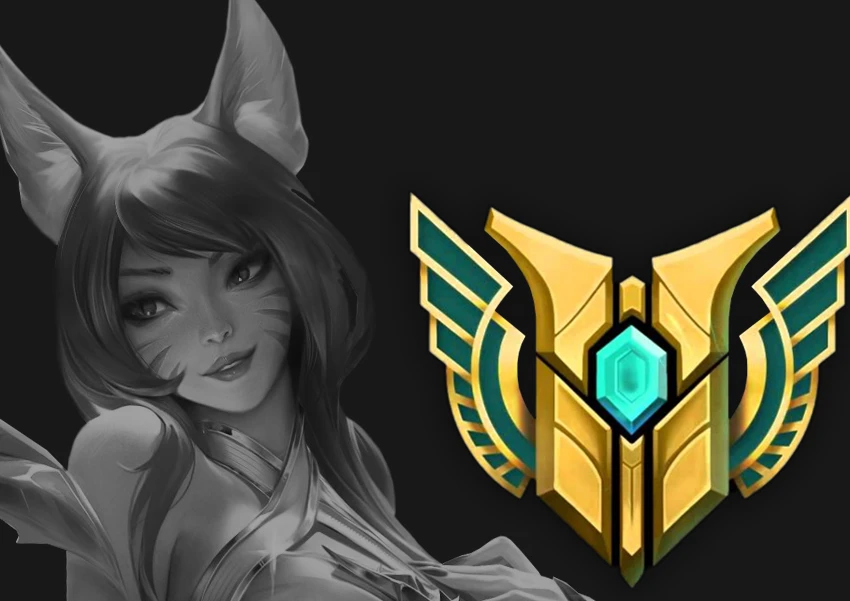
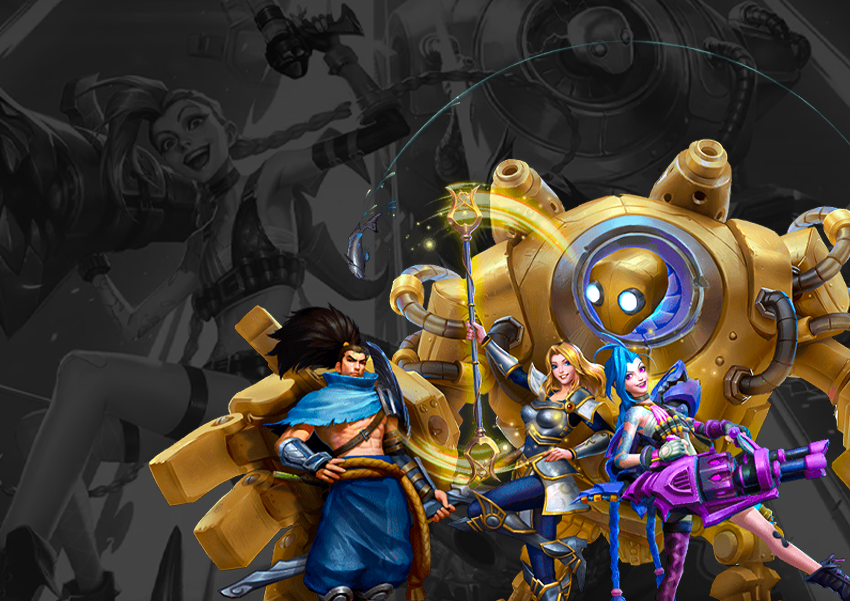
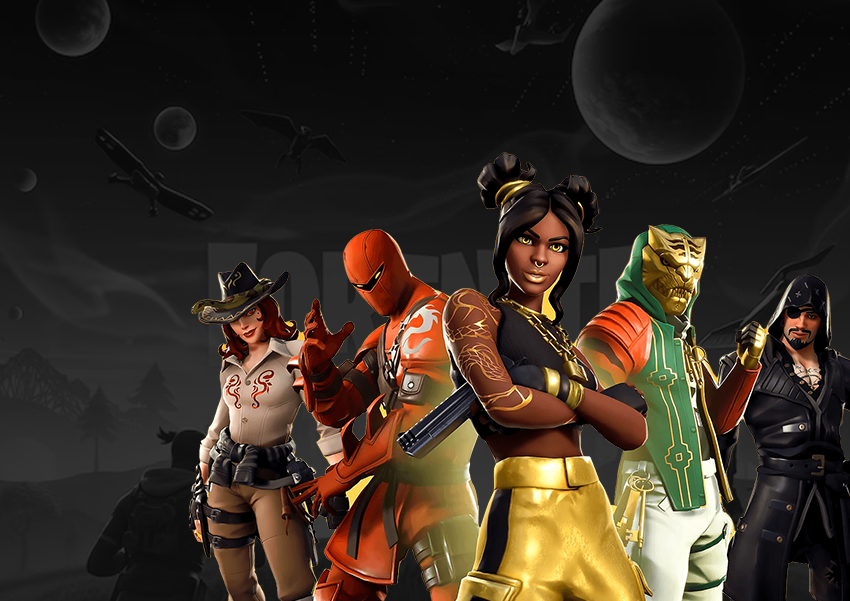


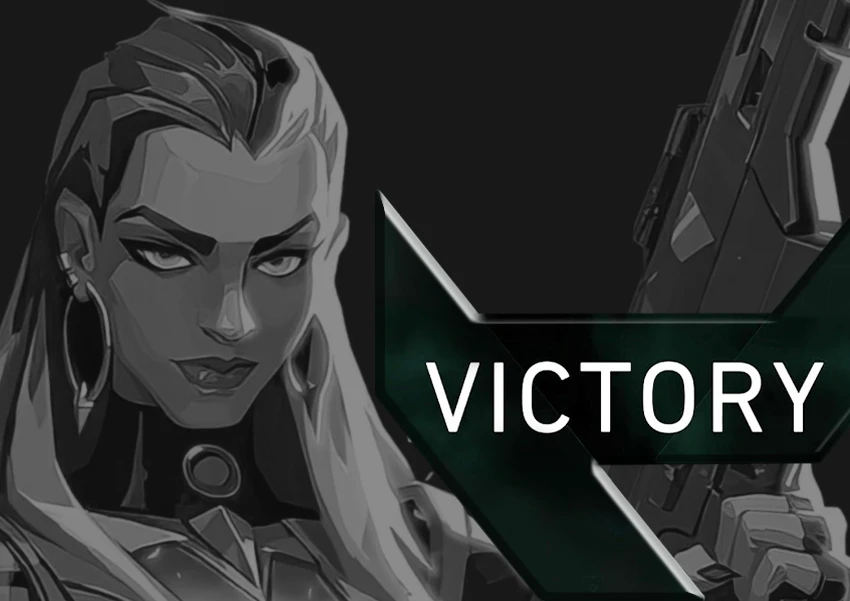
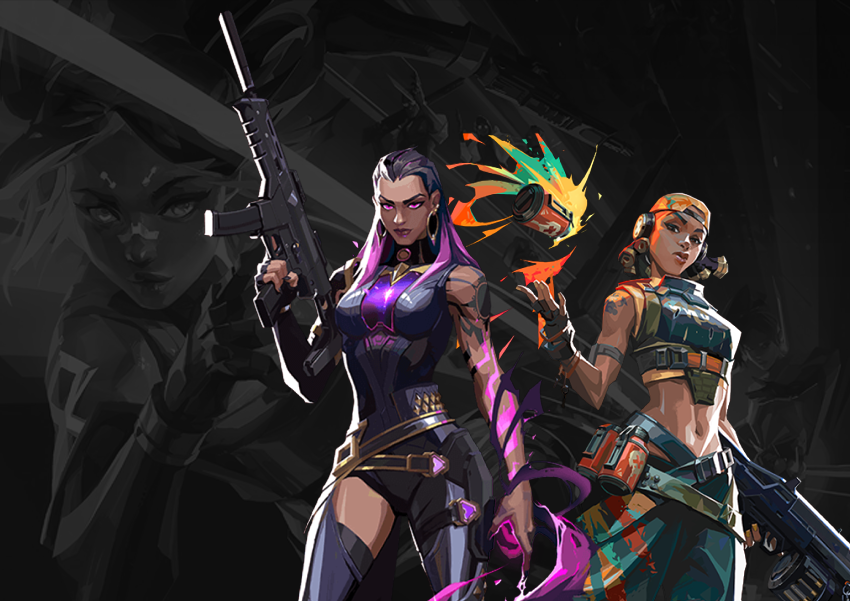
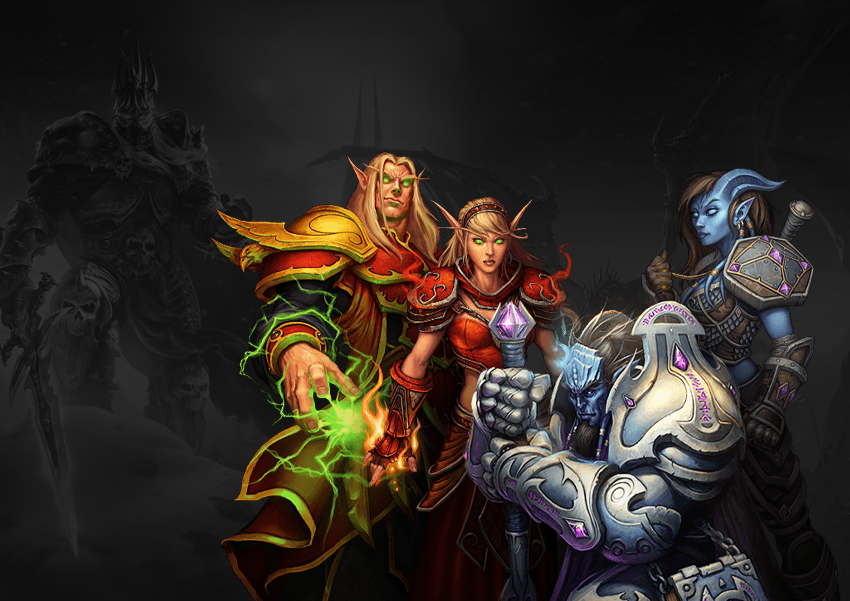

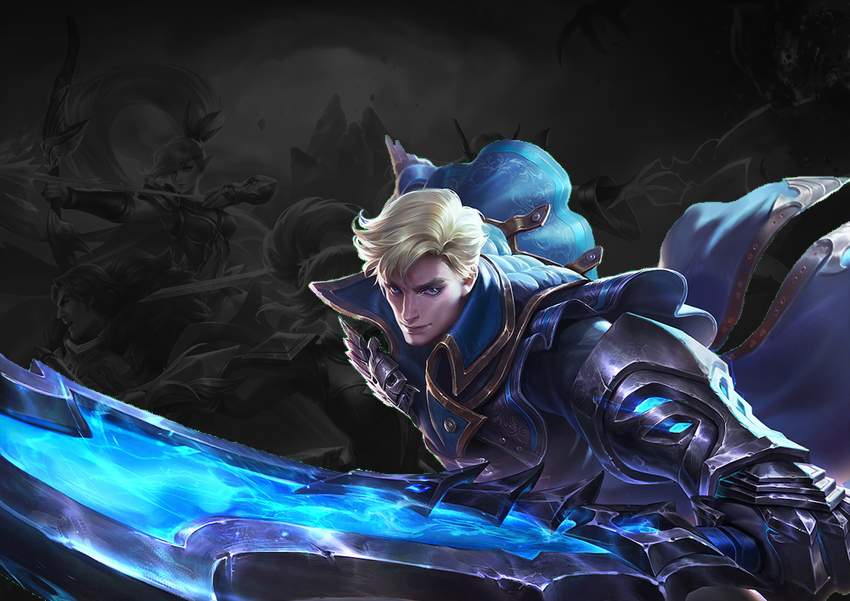
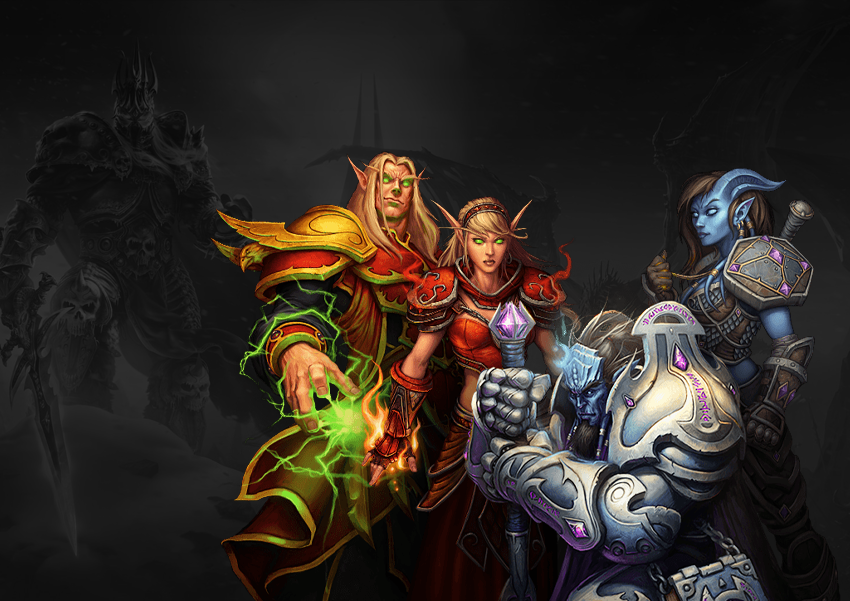
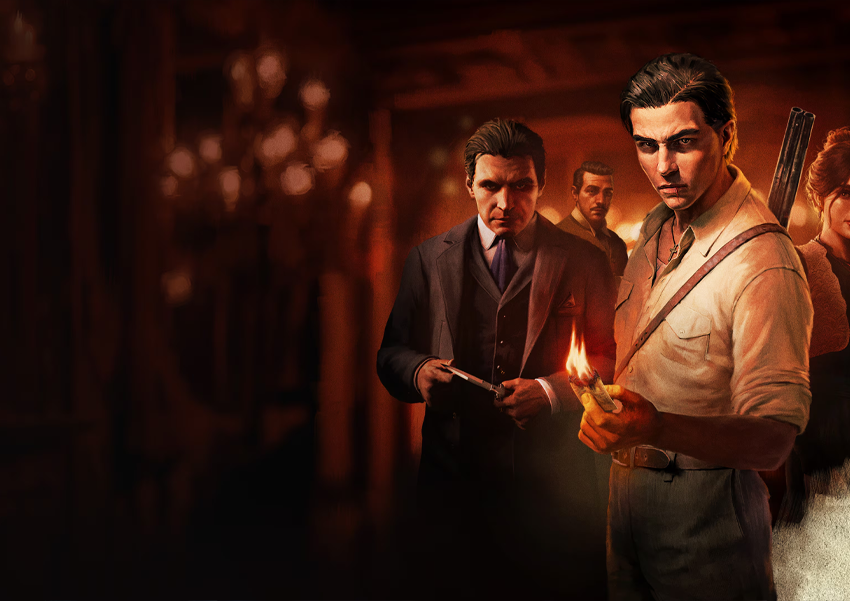
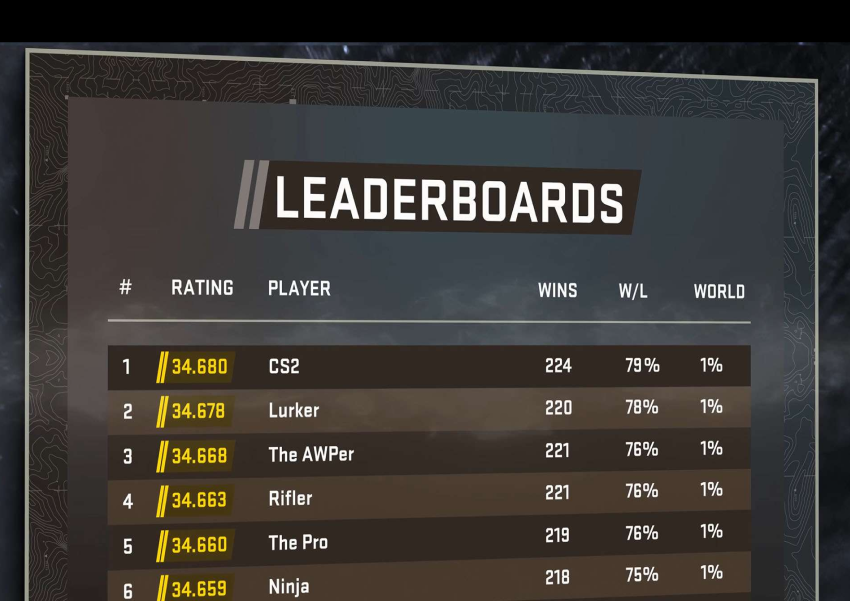
Comments on the article
Поки немає коментарів. Будьте першим!
Leave a comment